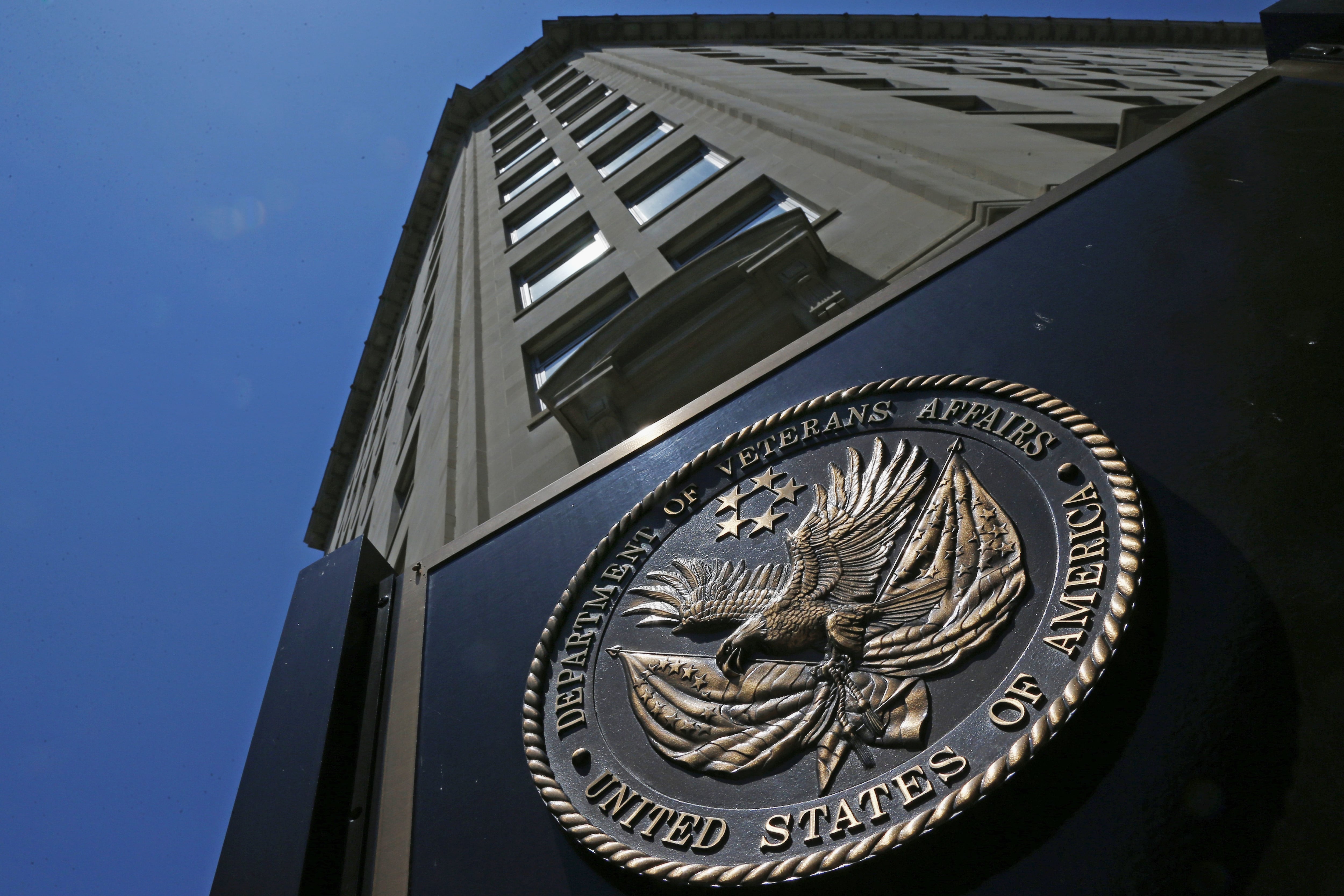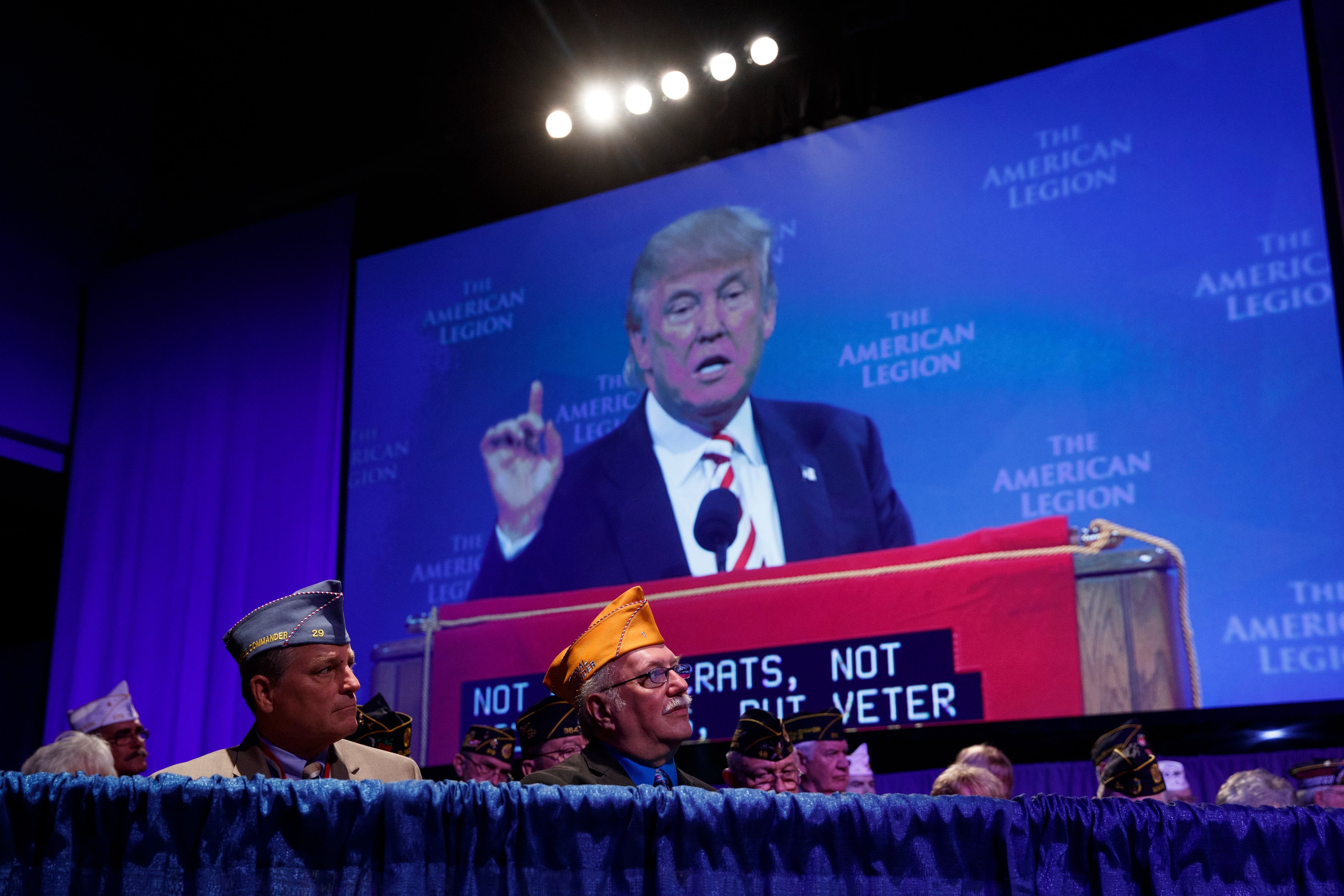WASHINGTON — Nearly half a year into his job, Veterans Affairs Secretary David Shulkin is still trying to convince critics that his efforts to improve the department won’t lead to privatizing care and support programs for veterans.
In an editorial in USA Today Monday morning, Shulkin — the only holdover of former President Barack Obama’s administration to President Donald Trump’s Cabinet — called lingering fears of VA privatization “unfounded” and stated again that “we will not allow VA to be privatized on our watch.”
But Shulkin also stated that he believes VA needs to “build an integrated system that allows veterans to get the best health care possible, whether it comes from the VA or the private sector.”
Those kinds of assertions, and plans to expand care programs that direct health care funds to private physicians outside VA, have raised alarms in the veterans community about the potential for eroding or erasing existing department services.
Shulkin’s piece was released just hours before a scheduled House vote on legislation that would fund the controversial VA Choice program for another six months at a cost of $2 billion, through a variety of program trims and reauthorized fees.
A coalition of eight veterans groups — including the Veterans of Foreign Wars, AMVETS and Iraq and Afghanistan Veterans of America — spend the weekend lobbying lawmakers to dump the plan, arguing that it unfairly outsources funding that should be dedicated to improving internal programs.
The Choice program was established by Congress in 2014 as a way to more quickly aid veterans facing long wait times or significant travel hardships. Qualified veterans can use the program to pay for medical appointments at private-care clinics.
RELATED

The program is one of multiple outside care offerings administered by VA, which cover about one-third of the appointments scheduled by department health officials each year.
Shulkin in his piece insisted that “community care or private capacity and VA’s internal capacity are not mutually exclusive.”
He noted that in-house VA care will rise about $2.7 billion next year under the administration’s proposed budget, while outside care programs will be increased by only $965 million. “We are ramping up both simultaneously in order to meet the health care needs of the veterans we are charged with serving.”
That outside care increase does not include the new $2 billion boost that House lawmakers will vote on Monday afternoon.
Without a funding fix for the program before the start of August, VA has warned that thousands of veterans could see their care plans disrupted, and thousands of third-party administrators that have helped streamline the program will be cut off from the department.
Critics of the House plan have not offered a new funding fix, but in the past have preferred that lawmakers not require VA-based offsets to pay for services ultimately outside full VA control.
Shulkin said he sympathized with their concerns.
“They don’t want to lose all that VA has to offer,” he wrote. “I don’t either — and we won’t.
“What we do want is a VA system that is even stronger and better than it is today. To achieve that goal, VA needs a strong and robust community care program.”
RELATED

Trump prompted a host of privatization concerns during his transition into the White House, vowing massive reforms at VA and promising to dramatically increase private-sector options for veterans. The rhetoric was embraced by conservative groups and decried by liberals, but Trump has largely left the implementation of those issues to Shulkin so far.
Senate Republicans have offered support for the House plan, but Senate Democrats so far have remained wary of the details. That leaves the measure with an uncertain future even if House lawmakers pass it on Monday.
Leo Shane III covers Congress, Veterans Affairs and the White House for Military Times. He can be reached at lshane@militarytimes.com.
Leo covers Congress, Veterans Affairs and the White House for Military Times. He has covered Washington, D.C. since 2004, focusing on military personnel and veterans policies. His work has earned numerous honors, including a 2009 Polk award, a 2010 National Headliner Award, the IAVA Leadership in Journalism award and the VFW News Media award.




